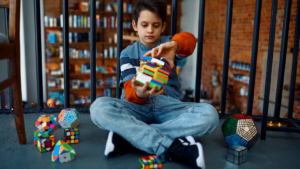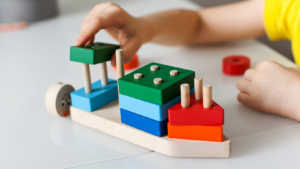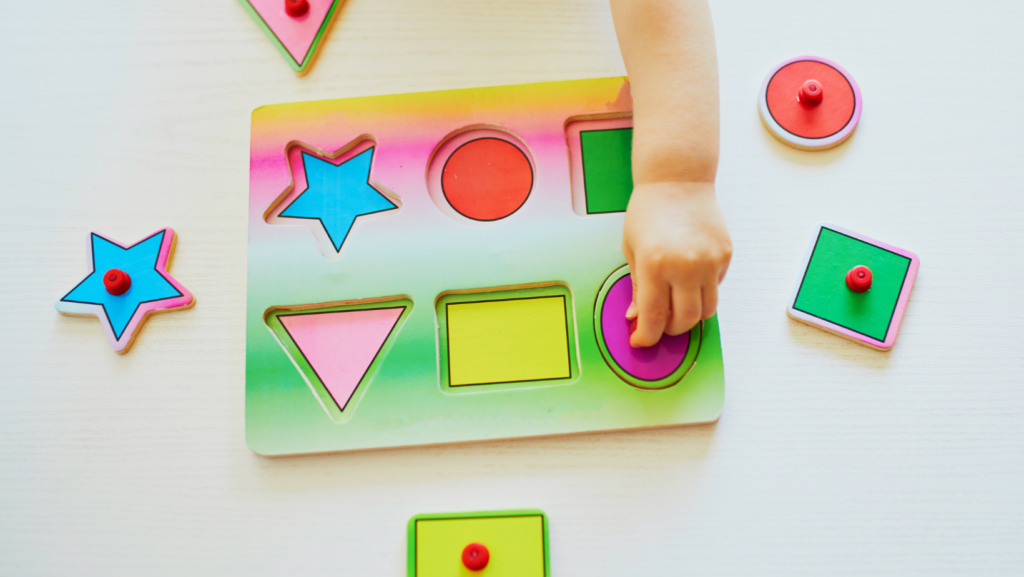In the realm of child development, logic puzzles serve as a fun yet potent tool. They aren’t just about keeping kids entertained; they’re about shaping young minds, honing cognitive skills, and fostering a love for problem-solving. If you’ve ever wondered about the value of these brain-teasing activities, you’re in the right place.
This article dives into the world of logic puzzles for kids, exploring their benefits, types, and how they contribute to a child’s mental growth. From enhancing critical thinking to boosting creativity, you’ll discover how these puzzles can be a game-changer in your child’s development journey. So, let’s unravel the magic of logic puzzles and the role they play in shaping the leaders of tomorrow.
Logic Puzzles For Kids

Diving deeper into the enigmatic world of logic puzzles for kids, one discovers a myriad of cognitive benefits paving children’s developmental journeys. This section elucidates the concept, tackling its essence and why it holds paramount importance in fostering a child’s intellectual growth.
Logic puzzles, as the term suggests, are puzzle challenges grounded in logical reasoning. Such puzzles encompass a series of clues or constraints that a solver deciphers using pure logic and deduction, leading to a particular solution. Examples include Sudoku, chess, and riddles, where the solver can’t rely on guesswork but systematically assess each aspect to reach a valid conclusion. Unlike traditional puzzles, logic puzzles aren’t about assembling physical pieces—they’re about constructing logical pathways in the mind.
Different Types of Logic Puzzles for Kids
Dipping into a pool of various logic puzzles, kids stand to gain a rich cognitive experience, boosting their problem-solving skills and mental agility. Below, we explore diverse puzzle types that cater to a child’s developmental journey.
 Jigsaw Puzzles
Jigsaw Puzzles
Jigsaw Puzzles, beyond mere entertainment, serve as ideal cognitive exercisers for children. Comprising multiple interlocking pieces that form a particular image when assembled correctly, they challenge a child’s problem-solving skills.
For instance, a 500-piece landscape puzzle calls for pattern recognition, precision, and patience, thereby fostering spatial intelligence, hand-eye coordination, and sustained attention.
Sudoku Puzzles
Sudoku Puzzles act as brilliant brain stimulators for numeric proficiency and logical reasoning. In a standard Sudoku, a grid composed of 9 sub-grids must be filled with numbers from 1 to 9, all while ensuring no repetition within each column, row, or sub-grid. Accomplishing this requires systematic planning and numeric understanding, thereby fine-tuning a child’s strategic thinking and enhancing mathematical abilities.
Maze Puzzles
Maze Puzzles provide a fascinating labyrinth experience, sparking a child’s adventurous spirit while honing mental acuity. Predominantly, a maze puzzle consists of complex, intricate paths, with a predefined start and end point. Navigating from the start to finish demands strategic thinking, improving a child’s spatial awareness and decision-making skills. For instance, a medieval castle maze puzzle stimulates creativity and inventiveness, all while promoting spatial intelligence.
Role of Logic Puzzles in the Cognitive Development of Kids

Logic puzzles prove instrumental in the cognitive development of kids, promoting diverse skills and fostering mental growth. Here, we delve into how they fortify problem-solving abilities and improve spatial reasoning.
Logic puzzles play a fundamental role in augmenting problem-solving skills in children. They propel kids into tackling unfamiliar situations, compelling them to analyse, deduce and come up with solutions.
Spatial reasoning, another essential skill for child growth, gets a significant boost from logic puzzles. Crucial for understanding and interpreting shapes, spaces, and directions, this skill finds wide applications in daily life and specific fields like architecture and engineering alike.
How to Choose Suitable Logic Puzzles for Different Ages
Recognizing the benefits of logic puzzles for kids development, it’s essential to select the appropriate puzzles tailored to the child’s age group. Age-specific puzzles ensure that children find them engaging, challenging, and beneficial.
Toddlers, generally aged 1 to 3 years, naturally engage in free play. Choosing simple logic puzzles for this age group supports their curiosity while boosting cognitive development. Puzzles suitable for this age group involve identifiable objects and shapes. Examples include shape-sorting puzzles, peg puzzles, and simple jigsaw puzzles with large pieces. Such puzzles help toddlers recognize shapes, match objects, and understand the concept of cause and effect.

